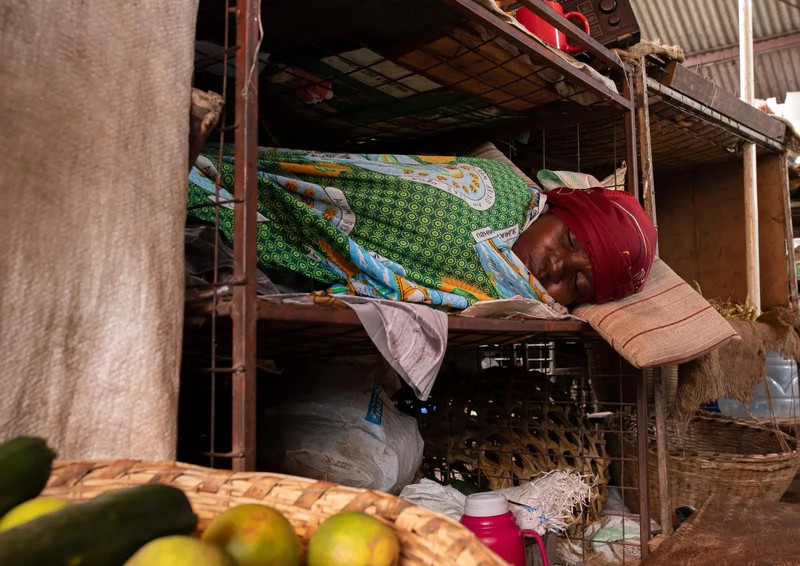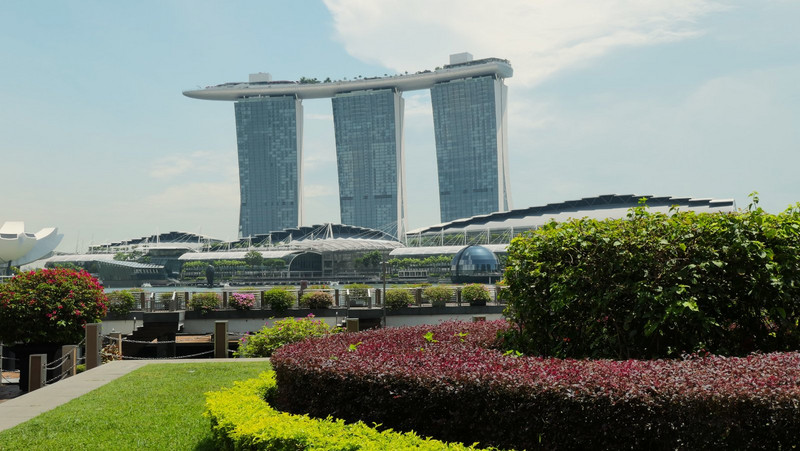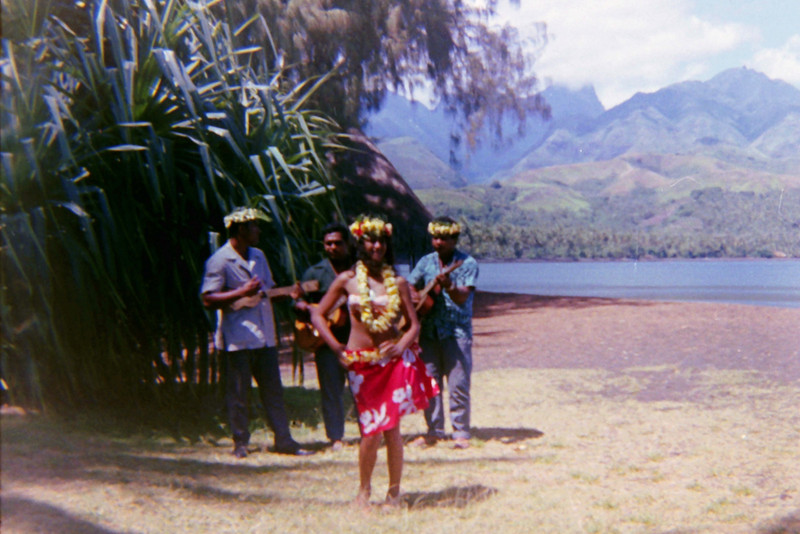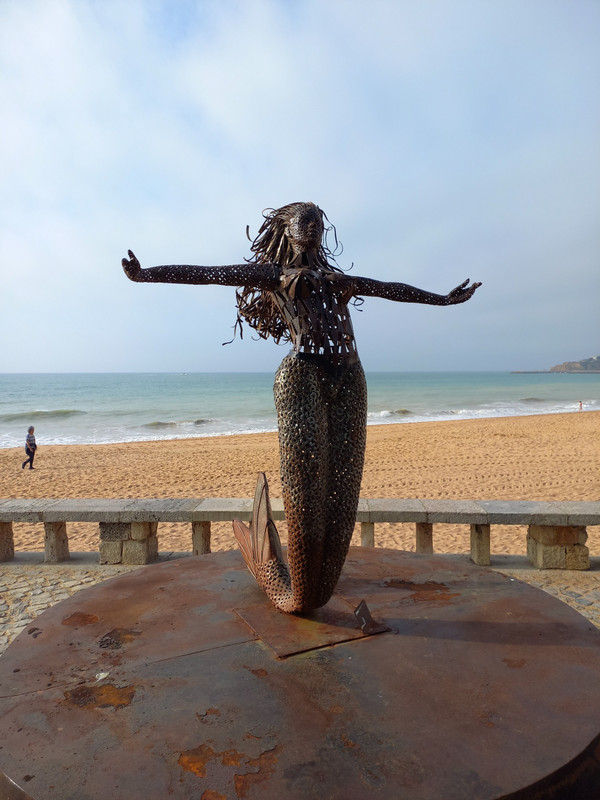On Monday March 18th 2020 was when lockdown truly started for Uganda. On that day, an immediate and strict lockdown was put in place: no public transport, no boda (motorcycle) taxis, closure of all shops and businesses, schools and a 7:00pm to 6:30am curfew. When Hopes son Robin was sent home from boarding school she was not permitted to go and get him (2 hours away). Instead Robin stayed with his grandmother for almost 6 months. But, what happened to the children that didnt have a family member close by? Residents could only work if they could walk to their essential business or slept onsite. The shops that sold food could stay open if the owner was there, but they quickly sold through their inventory with no ability to replenish. Most of the informal vendors such as the food markets, which is a large part of the economy, could not work. Majority of the population live relying on a small
daily wage to provide food for their families. At one point the government gave out $150,000 shillings (~$40USD) per family for assistance. This might buy food for a week or two at best. Many of the poor said they feared dying of hunger before COVID could even reach them.
A few days later all private vehicles were banned, unless they had special authorization (ie the government and their supporters). Police and other security personnel were heavily deployed in all city suburbs, slums and along the streets to enforce the presidents directives. By March 26th, reports were emerging of police beating Ugandans who were out on the streets.
When the girls stopped going to school the rate of child marriage and pregnancy skyrocketed. When already impoverished families entered the pandemic many felt forced to marry off their daughters to help alleviate financial burdens. Other girls still at home lacked basic necessities like food, medicine, or sanitary towels. These girls would engage in transactional sex with men who took advantage of their need for money. It is estimated that 644,500 girls under the age of 18 became pregnant during shut down. This is 5 times higher
It has also been determined that very few of girls were impregnated by fellow students, but the majority were exploited by mature men in the villages especially those who work in sugar plantations, their main crop in those areas. While underage sex is technically illegal, parents of pregnant girls have opposed jailing the culprits as that denies the girls and their future children any hope at financial and material support. The government does not consider there to be a need for funds to care for children and mothers in the event that the perpetrator is jailed. Instead, families of pregnant girls might try to negotiate for financial support or marry off the girl to the man for a bridal price, usually a few cows.
A few large businesses such as factories were allowed to open again by the end of May, but the transportation restrictions were not relaxed so most workers could still not return to work.
In February 2021 was to be the Presidential election in Uganda. Many citizens felt the Uganda government used the pandemic to
increase repression of opposition groups in Uganda. For example; when the main candidate opposing the president, Bobi Wine, confirmed his candidacy in early November 2020 the police smashed his car widows, pepper sprayed him, and arrested him.
He was arrested again a few weeks later when he was headed to a scheduled campaign rally. At the end of the month the police were shooting at his vehicle when he tried to go to campaign related meetings. In all cases he was accused of breaching regulations and was denied access to his lawyers. But, at the same time the ruling party: National Resistance Movement (NRM) attracted large croweds at rallies and continued without any disruption. There were protests against this where the authorities responded by shooting at the crowds killing 54 and injuring 45 protestors.
Travelmates near









